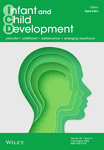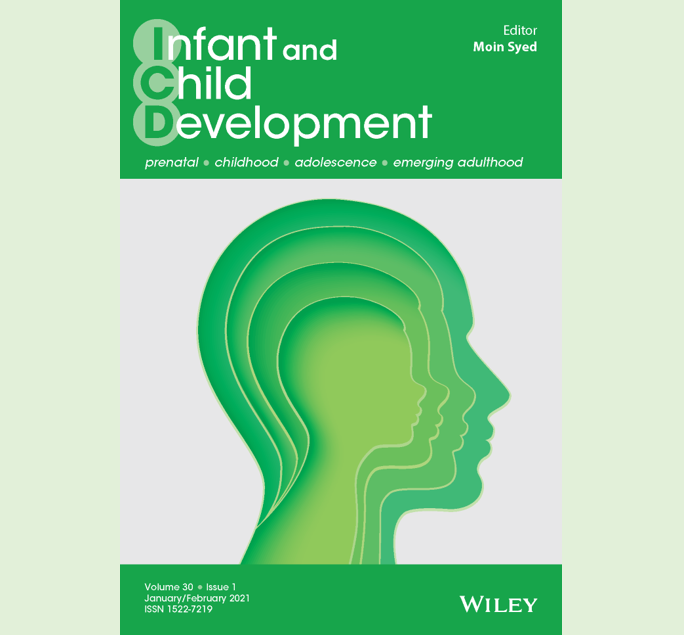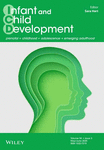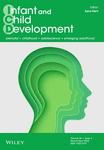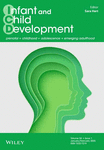Editor: Sara Hart
Infant and Child Development: prenatal, childhood, adolescence, emerging adulthood is a premier developmental science journal for research that prioritizes transparent and open science. We welcome different opinions and methods and have a wide readership from developmental psychology researchers to practitioners. We are intentionally broad and work within a family of journals at Wiley that want to find a home for your paper as quickly and painlessly as possible. ICD also publishes registered reports.
Journal Metrics
- 2.9CiteScore
- 2.9Journal Impact Factor
- 20%Acceptance rate
- 23 days Submission to first decision
ICD values, supports, and promotes diversity of samples, researchers, and methods
Like most areas of psychology, developmental psychology has predominantly relied on samples and researchers from U.S. and Western Europe, and within those regions, primarily on White samples and researchers. At ICD, we are acutely aware of the need for both international and domestic diversity in our work. Our commitment to diversity is manifest with the journal in two ways: 1) there is no “default” population. All samples should be described in as much detail as possible, including information about nationality, race/ethnicity, gender, social class, and any other relevant details that will help understand sample composition. All arguments and conclusions should be made with consideration for the sample characteristics. 2) No article will be rejected solely due to the nationality or race/ethnicity of the sample or the authorship team. Of course, the sample must always be appropriate for the research questions, but there has been a long history of work being rejected from mainstream outlets due to its focus on under-represented populations. Such an approach is contra the goals of science and must stop.
Similarly, for too long psychology, including developmental psychology, has treated quantitative methods as the superior form of inquiry, actively denigrating qualitative and mixed methods approaches. ICD feels strongly that methodological pluralism and openness is a hallmark of science, and that empirical research should be evaluated on the degree to which study design rigorously addresses the research question. Thus, the journal welcomes all methods that meet this criterion, whatever they may be.
Articles
How Linguistic Labels and Objects Types Shape Inductive Reasoning in Chinese Preschool Children Aged 3 to 5 Years
- 15 July 2025
Talking About Donor-Conception: Parents' and Children's Experiences of Origin Storytelling
- 9 July 2025
Caregivers' Perceptions and Practices Regarding Responsive Caregiving and Early Learning in Cajamarca, Andean Peru: A Qualitative Study
- 9 July 2025
Development and Initial Validation of the Indonesian Child Self‐Regulation Scale
- 9 July 2025
The following is a list of the most cited articles based on citations published in the last three years, according to CrossRef.
Cumulative parenting stress across the preschool period: relations to maternal parenting and child behaviour at age 5
- 117-132
- 20 May 2005
The early development of the autonomic nervous system provides a neural platform for social behaviour: a polyvagal perspective
- 106-118
- 6 January 2011
The relationships between parenting stress, parenting behaviour and preschoolers' social competence and behaviour problems in the classroom
- 133-154
- 20 May 2005
Recent issues
- Volume 34, Issue 4July/August 2025
- Volume 34, Issue 3May/June 2025
- Volume 34, Issue 2March/April 2025
- Volume 34, Issue 1January/February 2025



